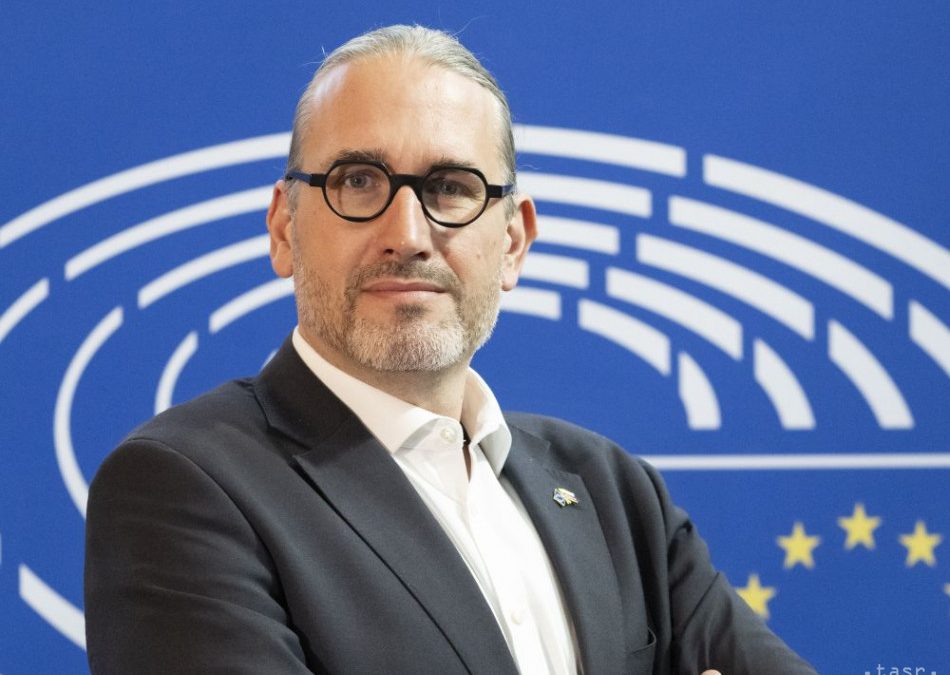Bratislava/Strasbourg – Several Slovak MEPs agreed in interviews with TASR on Tuesday that the process of forming the new European Commission (EC) is complicated and slow and fear that the negotiations will be further prolonged. The reason is the possible disapproval of some candidates after their hearings in the relevant committees of the European Parliament (EP).
The cause of the complicated process of forming the new EC is, according to EP Vice-President Martin Hojsík (Renew Europe/Progressive Slovakia), von der Leyen’s effort for a gender-balanced Commission that will be professionally competent and ready to cooperate. “At the same time, however, we see the efforts of many member states to appoint to the European Commission people who may not always have the best skills,” he added. However, he appreciated the regionally balanced distribution of vice-presidential posts.
The contacted MEPs see some candidates as problematic, but differ in their opinions on them. For Hojsík, the problematic candidate is the Hungarian candidate for the position of Commissioner for Health and Animal Care, Olivér Várhelyi. “His statements suggest that he despises the European Parliament. Besides, it seems that he sometimes acts on his own, against the direction of the entire European Commission. Therefore, I expect he will have trouble being confirmed,” thinks the EP Vice-President for the Renew Europe faction.
For Monika Beňová (Smer/independent), the problematic candidate is the Czech nominee for Commissioner for International Partnerships, Jozef Síkela. She labeled him a lobbyist. She also expressed disagreement with the candidate for Executive Vice President for Prosperity and Industrial Strategy, Frenchman Stéphane Séjourné.
Miriam Lexmann (KDH/EPP) wants to wait for the hearings of the candidates in the relevant EP committees, during which she plans to ask about their positions on key priorities. She wants to focus particularly on Séjourné, the Belgian Commissioner for Preparedness, Crisis Management and Equality, Hadja Lahbib, and the Spanish Vice-President of the EC for Clean, Fair and Competitive Transition, Teresa Ribera.
MEP Braňo Ondruš (Hlas/independent) is dissatisfied with the creation of the commissioner post for “People, Skills, and Preparedness” instead of the post of Commissioner for Decent Working Conditions, which will be given to Romanian Roxana Minzatu. He fears that the task of the Romanian will be to serve not the people, but corporations. According to Ondruš, von der Leyen’s procedure in forming the EU executive is “an indictment of those who supported her for the position of head of the European Commission in July”. In the Committee on Employment and Social Affairs, he therefore wants to demand changes in the proposed composition of the European Commission.
Milan Uhrík (Repubika/ESN) also wants to wait for the hearings in the relevant committees. However, he ruled out support for the Slovak Commissioner and candidate for Trade and Economic Security and Interinstitutional Relations and Transparency, Maroš Šefčovič. He justifies this with dissatisfaction with his activities in the European Commission so far. (September 17)
 go to the original language article
go to the original language article
